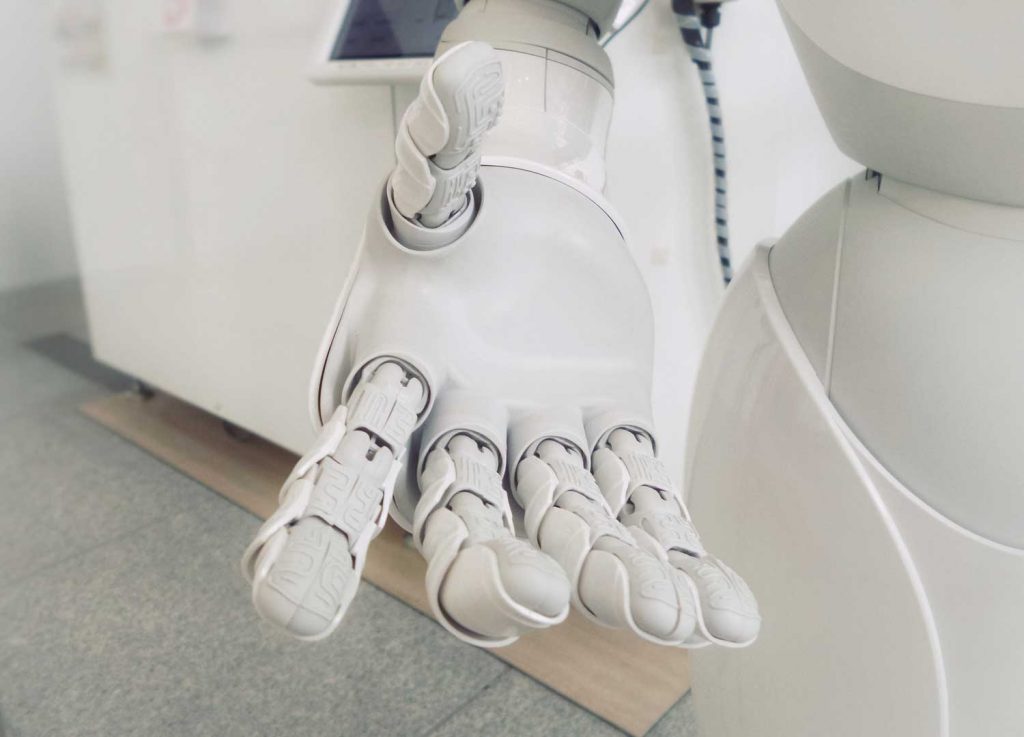What do we mean by AI?
Before anyone starts accusing companies of deliberately being misleading, and cashing in on the hype around AI, let’s admit defining the concept is very difficult. English computer science pioneer Alan Turing proposed the “imitation game”, in which a computer appearing to act, react and interact like a human could basically be described as ‘thinking’, but not everyone agrees with Turing’s suggestion.
In the end, does the definition matter much in private aviation? After all, AI for the sake of AI is not much of a goal in business (unless, of course, you want to attract that specialist funding). As long as your tech is commercially productive, does it matter whether your machine is ‘learning’ in the pure sense of AI or just brilliant at analyzing traffic data and predicting pricing trends?
Shall we talk?
Chatbots and voice-activated virtual assistants, such as Apple’s Siri and Amazon’s Alexa, certainly want to make Turing’s dreams become reality. And AI-driven chatbots surely offer great potential for customer service in private aviation. As messenger apps that can learn ‘on their own’, chatbots could one day have productive online conversations with your clients that appear as natural as human interaction. A chatbot can source and deliver information – about a client’s destination, for example – more rapidly than even the most well-informed human. And better yet, as they know the details of a customer’s past bookings, and ‘learn’ more about that customer’s needs and preferences with every interaction, chatbots can offer personalized private flight proposals highly likely to be converted into sales.
What do we need?
Data, data and then more data. The technology behind Alexa might be super clever, but she can’t even tell you the right time without the fuel of accurate information. If you want your AI tech to automatically deliver competitive quotes to your clients, reflecting the latest market conditions and each customer’s specific budget, you need to constantly feed the right real-time data into your system. You need a good data partner.
Who’s in charge here?
Humans, not machines. AI works best when helping people to think and work at their best too. If you want to encourage your team to use AI productively, don’t demand those people act in a certain way to suit the machines. And don’t expect bookings through virtual assistants that can’t even answer simple questions about jet range without quoting pages of unhelpful information from Wikipedia.
So AI can’t just look after itself?
Absolutely not. Unchecked, without human oversight and filtering of content, AI tech will happily gather and spread incorrect, inappropriate and out-of context information (including photographs). Do you remember Microsoft’s disastrous Tay chatbot, which was closed down almost immediately in 2016 after posting unacceptable comments? So here’s a natural but controversial question to consider: if you still need to pay a lot of good people to make AI work properly, is it worth investing in AI in the first place?
Computers can’t play Turing’s “imitation game” with any chance of success yet. No virtual assistant fools you into thinking you’re talking to a real human. But, embraced smartly, AI can definitely play a role in the future of private aviation. No one knows exactly what that future will look like. But we do know humans must and will be at the heart of AI’s evolution. Despite what sci-fi movies want us to believe, the machines aren’t taking over…yet.
